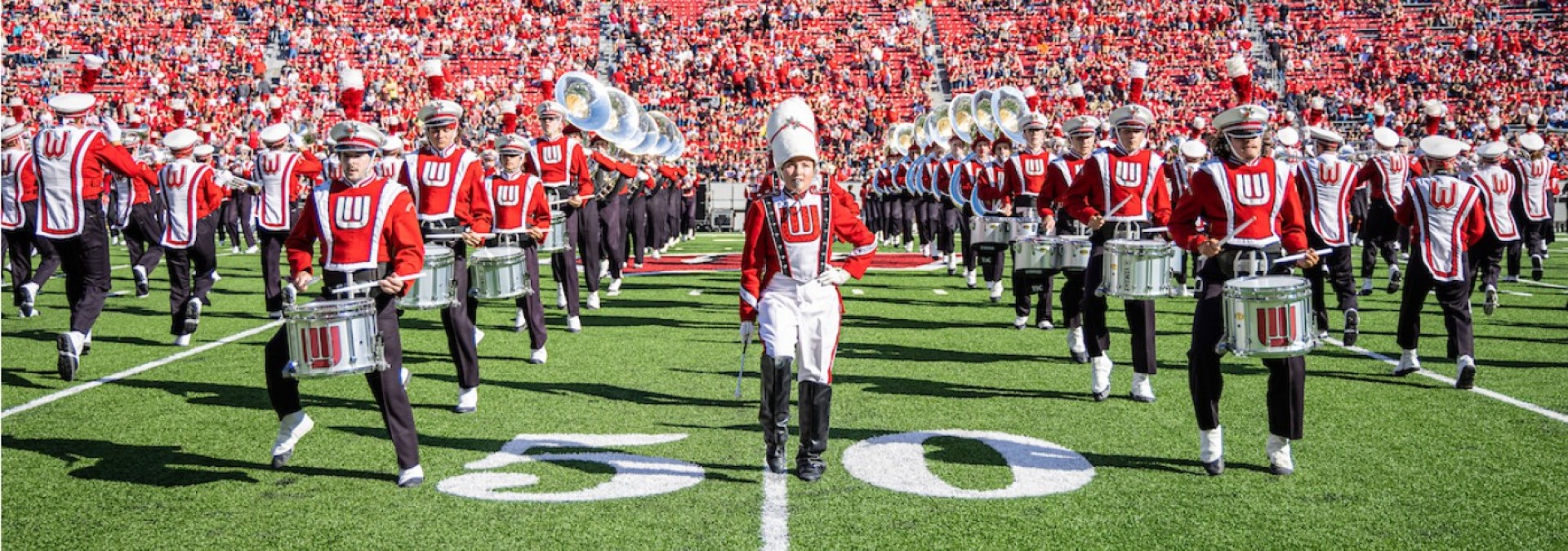×
Glossary
Accoladi.com: A secure online platform that helps student performers find scholarships, prepare for auditions, and connect with collegiate programs in music and the performing arts.
Application Fees: Charges required to submit an application to a college or university. These are separate from tuition and are often non-refundable.
Audition: A performance, often evaluated by a panel, used to assess a musician's skills for acceptance into a program or ensemble.
Audition Repertoire: The specific pieces of music a student prepares and performs during an audition.
B-roll: Supplementary video footage that is shown while someone is talking. In a crowdfunding video, this could include shots of a student practicing, performing, or participating in school activities.
CapCut / iMovie / InShot: Free or low-cost video editing apps that help students trim, edit, and enhance their videos for online fundraising or audition purposes.
College Campus Music Camp: A summer program hosted by a college or university, where students can study music intensively, often while living on campus.
Crowdfunding: The process of raising small amounts of money from a large number of people, typically via the internet, to support a specific goal like college expenses.
Ensemble: A group of musicians who perform together, such as a band, orchestra, or choir.
Ensemble Director: The conductor or leader responsible for guiding and instructing a musical group.
Faculty Recital: A formal performance given by college or university music faculty, often attended by camp students to observe professional-level musicianship.
Fundly / GoFundMe / ScholarMatch / Kiva U.S.: Popular online platforms used to create crowdfunding campaigns for educational or personal goals.
Housing Deposit: A required payment to reserve a spot in college dormitories or student housing, usually paid before the academic term begins.
Hybrid Camp: A program that combines in-person and online instruction, allowing for flexible learning experiences.
Independence: The ability of students to manage their time, responsibilities, and self-care, especially while away from home at a residential camp.
JROTC (Junior Reserve Officer Training Corps): A high school program sponsored by the U.S. military that teaches citizenship, leadership, and military history.
Leadership Skills: Abilities that allow a student to effectively guide and influence others, often developed through musical and team experiences.
Marching Band: A performance ensemble that typically includes wind instruments, percussion, and visual elements like drill formations.
Masterclass: An educational session where a student performs and receives immediate feedback from a professional musician or instructor, often in front of an audience.
Mouthpiece: The part of a wind instrument (like the clarinet) where the player blows air. A quality mouthpiece can greatly affect sound and performance.
Musicianship: The skills, knowledge, and artistry involved in performing and understanding music.
Private Lesson: One-on-one instruction with a music teacher, focusing on a student’s specific instrument or voice.
Reference Video: A short video endorsement recorded by a teacher or mentor that adds credibility to a student’s crowdfunding campaign.
Residential Camp: A summer camp where students live in dormitories on campus, experiencing college life while participating in music studies.
ROTC (Reserve Officer Training Corps): A college program that prepares students to become military officers. Some schools offer scholarships to students who participate in ROTC while pursuing degrees.
Scholarship: Financial aid awarded to students based on merit or need, often used to help cover camp or college costs.
Scouted: Being noticed by a faculty member for potential acceptance or scholarship consideration based on strong performance and professionalism.
Solo: A piece of music performed by one musician, often highlighting technical and expressive ability.
Storytelling: The act of sharing your personal journey, goals, and passion in a clear and relatable way—essential for effective crowdfunding.
Studio Instructor: A college music professor who provides private lessons to music majors in a specific instrument or voice.
Tuition: The cost of attending classes at a college or university. Tuition is often separate from housing, meals, or supplies.
Virtual Camp: An online version of a summer camp where students participate remotely using video conferencing and online materials.
YouTube Tutorials / Masterclasses: Free or paid online lessons that help students learn from professional musicians.

.png)
.png) ARTICLE GLOSSARY
ARTICLE GLOSSARY

.png)
.png)


.jpg)
.jpg)

.jpg)

.png)




.jpg)
.png)










.jpg)



.jpg)
.jpg)
.jpg)
.jpg)
.jpg)

.png)
.png)

